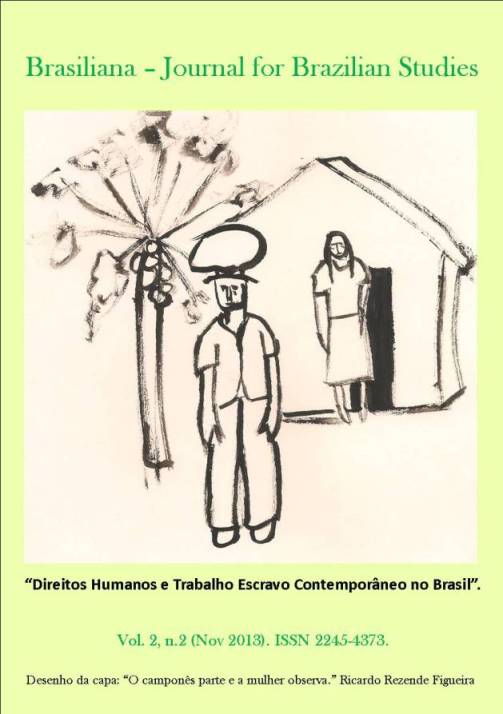The forgotten voices of the militares cassados in Brazil
Conteúdo do artigo principal
Resumo
Forcibly retired military officials whose political rights were withdrawn (militares cassados) during the military regime have previously received no attention from either the military institution or civilians (the State, the general public, and scholars). It is only recently that the Brazilian Truth Commission appointed a subgroup to investigate the militares cassados and that new research projects have been initiated. This article asks why research on military repression has been neglected for so long, and discusses three hypotheses. It then introduces two militares cassados ─ Brigadier Rui Moreira Lima, whose political rights were withdrawn despite his distinguished military career in the Second World War; and Ivan Proença Cavalcanti, a military official who defied instructions from his superiors to open fire on students. Based on oral history interviews, autobiographies, military journals, and intelligence files, this article aims to kick-start a discussion about whether the neglect of the militares cassados may be symptomatic of a historiographical tendency to homogenise the Armed Forces in Brazil.
Detalhes do artigo
![]()
Articles published in Brasiliana are licensed under a Creative Commons Attribution-NonCommercial-NoDerivs 3.0 Unported License.
When publishing open access, the author signs an author publishing agreement in which they retain copyright and give Brasiliana the right to publish the article. Our Open Access publications are distributed under the terms of the Creative Commons Attribution 4.0 International License, which permits unrestricted use, distribution, and reproduction in any medium, provided the original work is properly cited.

